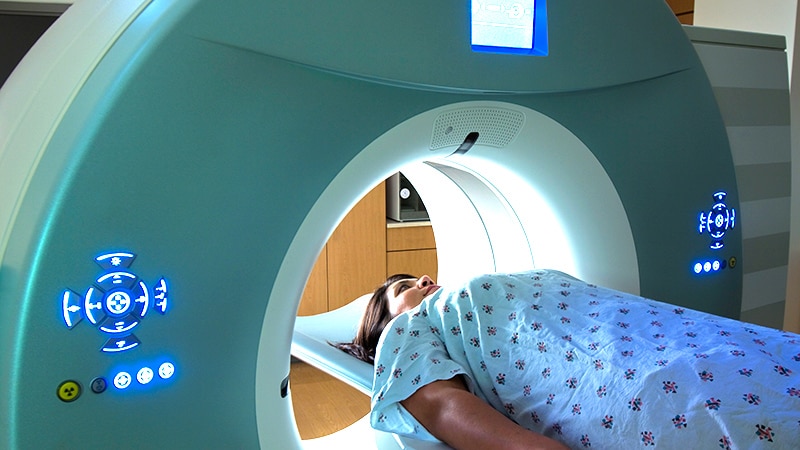The Clatterbridge Cancer Centre NHS Foundation Trust on Merseyside already has specialist nurses treating patients at home with chemotherapy – now it's branched out and suitable patients are receiving cancer treatment at their place of work.
The pioneering service is part of the centre's Clatterbridge in the Community scheme. The extension into the workplace began earlier this year and is only available for patients receiving trastuzumab (Herceptin), or other treatments delivered by sub-cutaneous injection.
We contacted Dorothy Probert, advanced nurse practitioner with Clatterbridge in the Community to discuss the scheme.
Q&A
Medscape UK: Which patients might benefit from chemotherapy in the workplace?
Dorothy Probert: Those patients who face long journeys to clinic, those who rely on carers, those who use public transport, and those patients who have to take time off from work to attend treatment appointments, which may cause a financial burden, benefit from the service.
Medscape UK: How are they selected - do they ask or is it offered?
Dorothy Probert: Patients who currently receive Herceptin are offered the opportunity of receiving their treatment within their place of work. However, we see this developing further with the introduction of other SACT [systemic anti-cancer therapy]/sub-cutaneous injections and then developing immunotherapy treatments within the workplace.
Medscape UK: What are the clinical logistics in checking a workplace is suitable? Is it only bigger employers with first aid rooms? Or what other spaces may be suitable?
Dorothy Probert: All patients who are interested in receiving their treatment within their workplace are asked to discuss the service with their employers and the feasibility of this.
The employer and employee are required to sign documentation confirming that both are in agreement. Health and safety requirements include a suitable room/office which is private and has a sink to wash hands.
Medscape UK: How have patients benefited? What feedback have they given you?
Dorothy Probert: For those patients wishing to return to work during treatment, the service allows them the ability to continue to work without impacting on their employment.
Returning to work is a really important part of the patient’s journey and this initiative helps make the transition back to normal life that much easier for patients.
The feedback we have received has been very positive. We have had some of our patients interviewed and filmed for the media and our social media channels, giving positive feedback.
A yearly audit/survey will be carried out and we hope to have an abstract published about our innovative workplace treatment service.
Medscape UK: What advice would you give to other NHS areas who might consider similar schemes?
Dorothy Probert: Identify if workplace treatment is a viable option for a specific tumour group or target population.
- Identify which SACT treatments are suitable to administer.
- Identify which patients would like to have their treatment in the workplace.
- Seek approval from management's/trust’s solicitors regarding liability issues.
- Ensure employers are involved in enabling them to support their employees in allowing them to have their treatment at work.
- Ensure staff are trained and competent to deliver the service.
- Ensure that it is cost effective.
- Ensure health and safety and governance issues are adhered to, including policies and procedures.
- Ensure robust processes are implemented to enable effective communication between patients and their employer.
- Carry out a yearly audit of workplace service.



